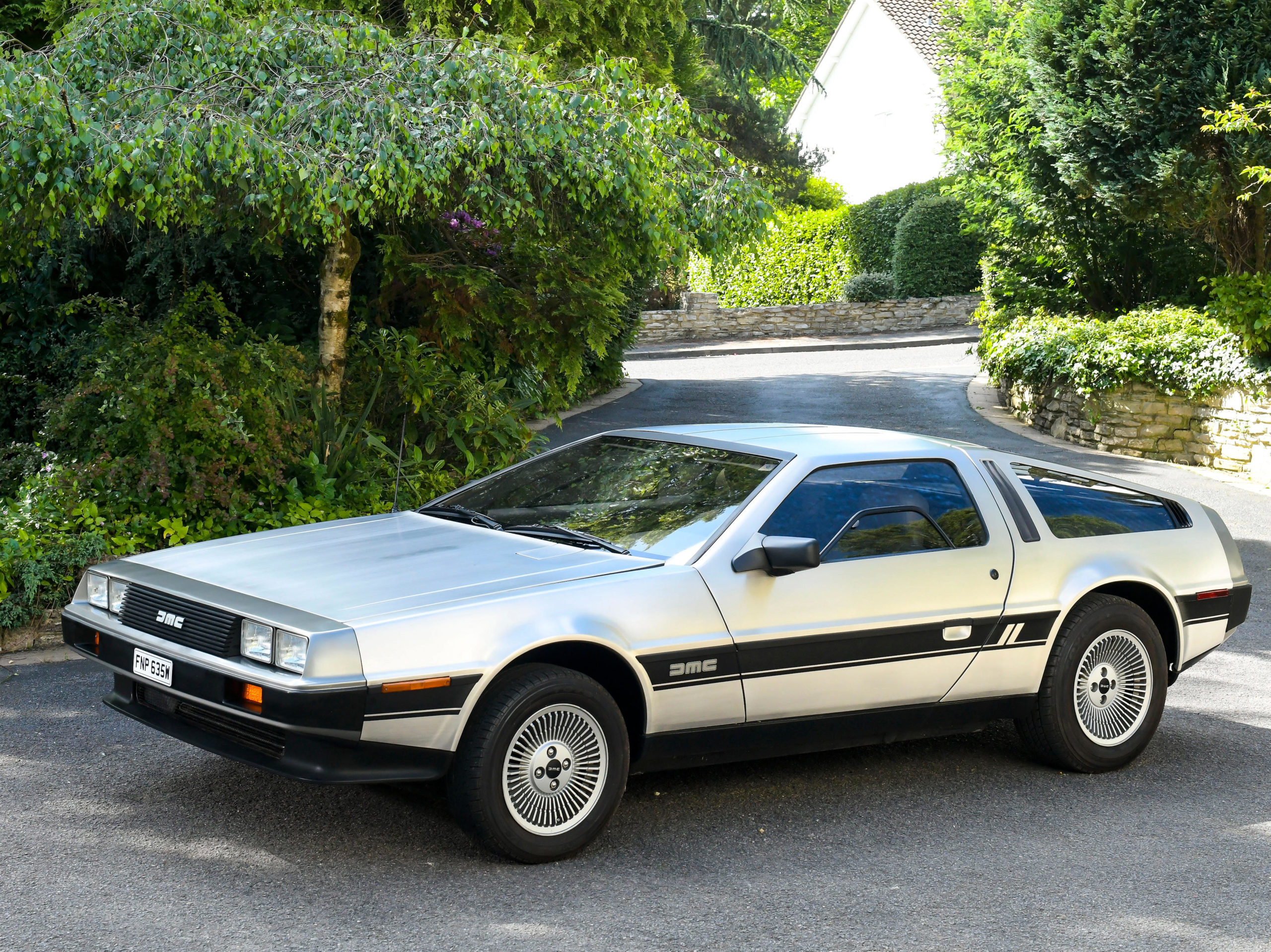Photo credit: Bonhams
I have been following the Bonhams auction with great attention since 2005, as it takes place in conjunction with the Goodwood Festival of Speed, an event known for its considerable public success and for the unrivalled spectacle of the show itself. A success that, however, did not reverberate on the auction which ended up being the first of the year not to improve on last year’s results. If anything, it was worse, because while 2021 was a bit of a disappointment, 2022 was… a photocopy.
The increase in the number of cars without reserve, from eleven to twenty-seven percent, suggested that this time things would have been different, but instead the end result was only marginally better: 47 of the 75 cars on offer were sold, equal to 62.66%, a slight increase over the 58.06% of last year, but with twice as many cars without reserve.

The other indicators didn’t shine either and in actual fact they were even lower still. Let’s take a look at the ratio between the sale price and the estimated ones: while 2021 closed with £7,552,140 in takings against an estimate of £14,041,000 (53.3%), this year it was even worse: 51.16%, equivalent to £6,601,341 against a target of £12,901,000.
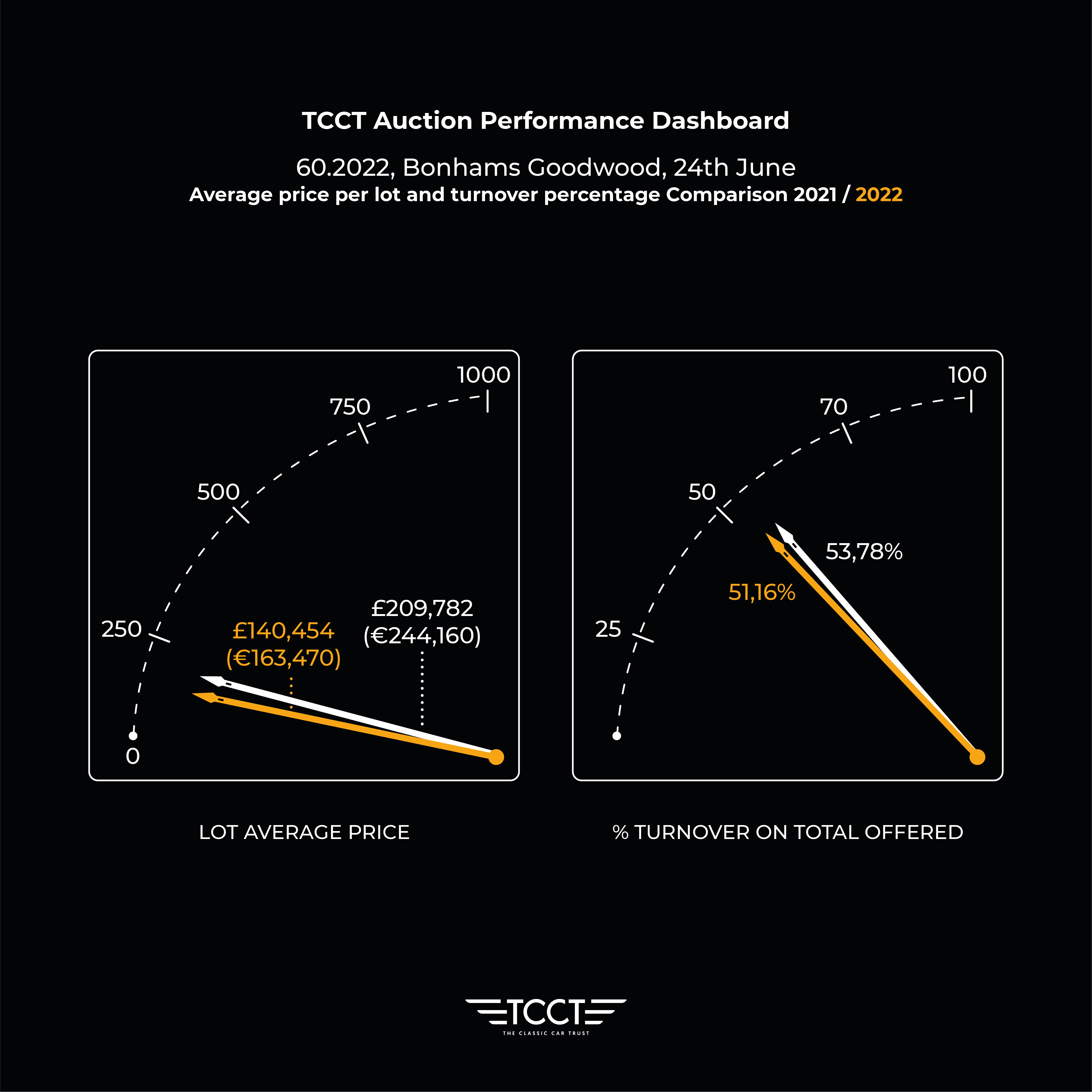
The cruelest outcome of all was the fact that this was the worst result of the last 12 years and, if we consider that just 4 years ago, takings were almost 5 times as much (£31.5 million), it’s pretty clear that this auction at Goodwood transformed itself into a Festival of Slow.
So, let’s move on to the cars…
It would be cruel to dwell on the three unsold top lots, so I will mention them very quickly: a 2015 McLaren P1 GTR transformed by Lanzante into a road-legal version with just one owner and 161 km on the clock (sadly placed at the end of the auction), was offered with an estimate of £1.8-£2m, but bids stopped at £1.6 million (€1,862,200).

The other diamond of the sale was a Benetton B193B Formula 1 car that participated in various GPs with Riccardo Patrese and Michael Schumacher during the 1993 season, offers for which stopped just below the one-million-pound threshold (£950,000 or €1,105,680 to be precise), against an estimate between £1.1m and £1.3m.
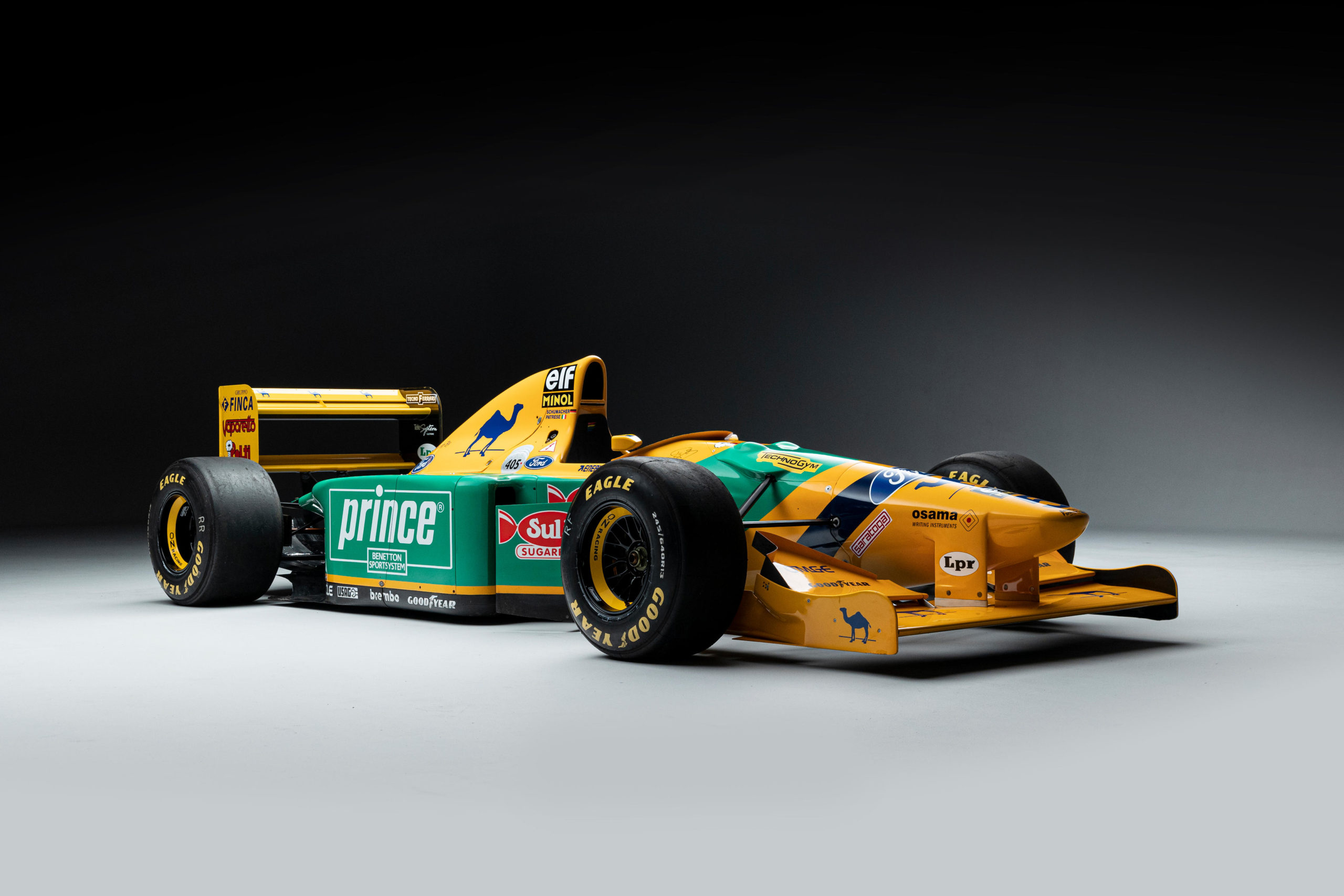
Finally, the owner of a 1931 Invicta S-Type 4.5 litre refused an offer of £540,000 (€628,490) as he was clearly expecting £700,000-£800,000.
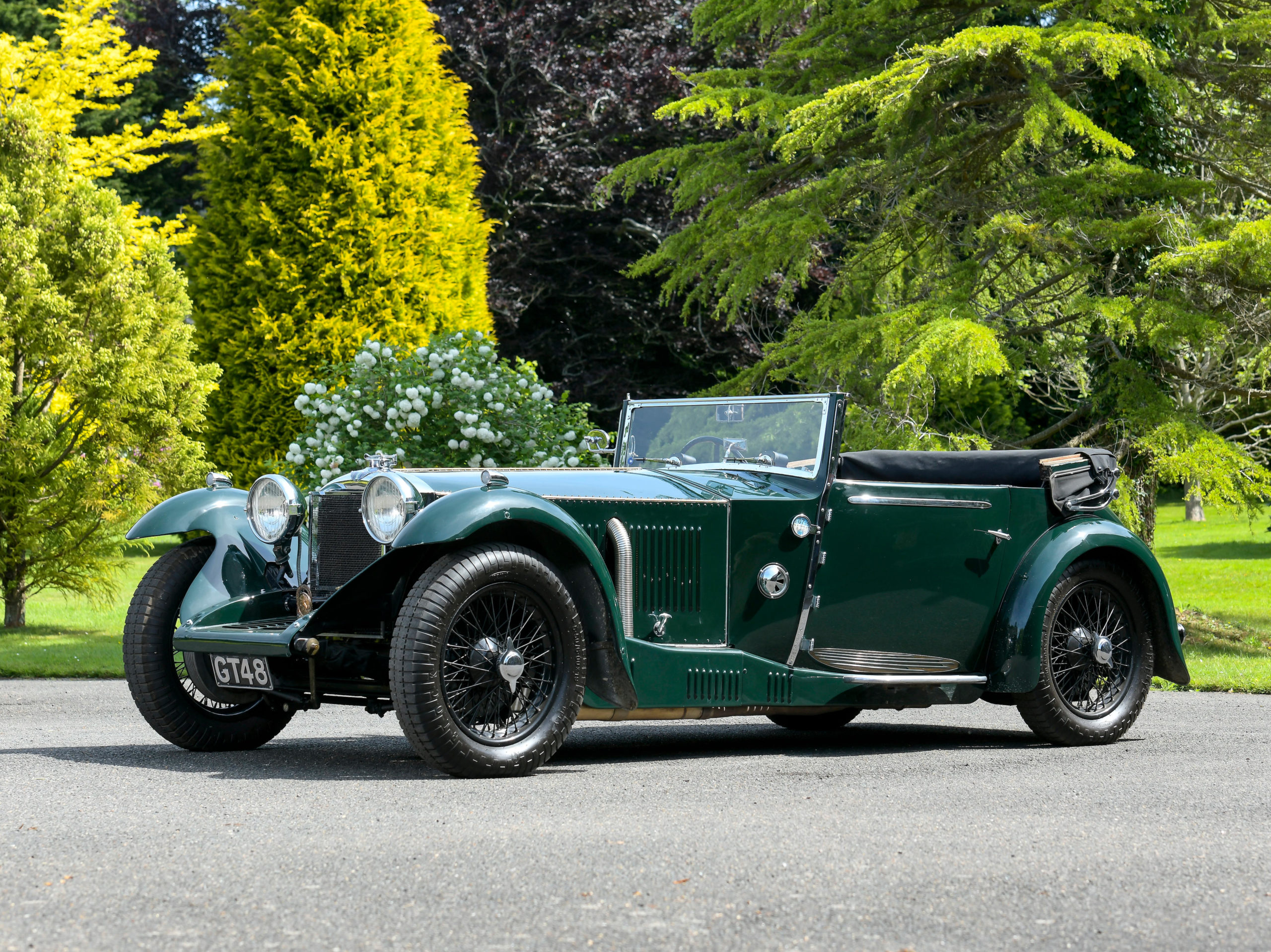
The race to be the most expensive car sold at the event was therefore contested between a 1937 Frazer-Nash-BMW 328 Roadster and a 1962 Aston Martin DB4 Series IV Convertible. With virtually identical estimates (£650,000-£800,000 for the Aston and £650,000-£750,000 for the Frazer-Nash), the competition was a close one. In the end, the oldest car came out on top at £636,600 (€740,920) while the DB4 only needed £588,440 (€684,870) to take it home. Note how both were sold below their minimum estimates.
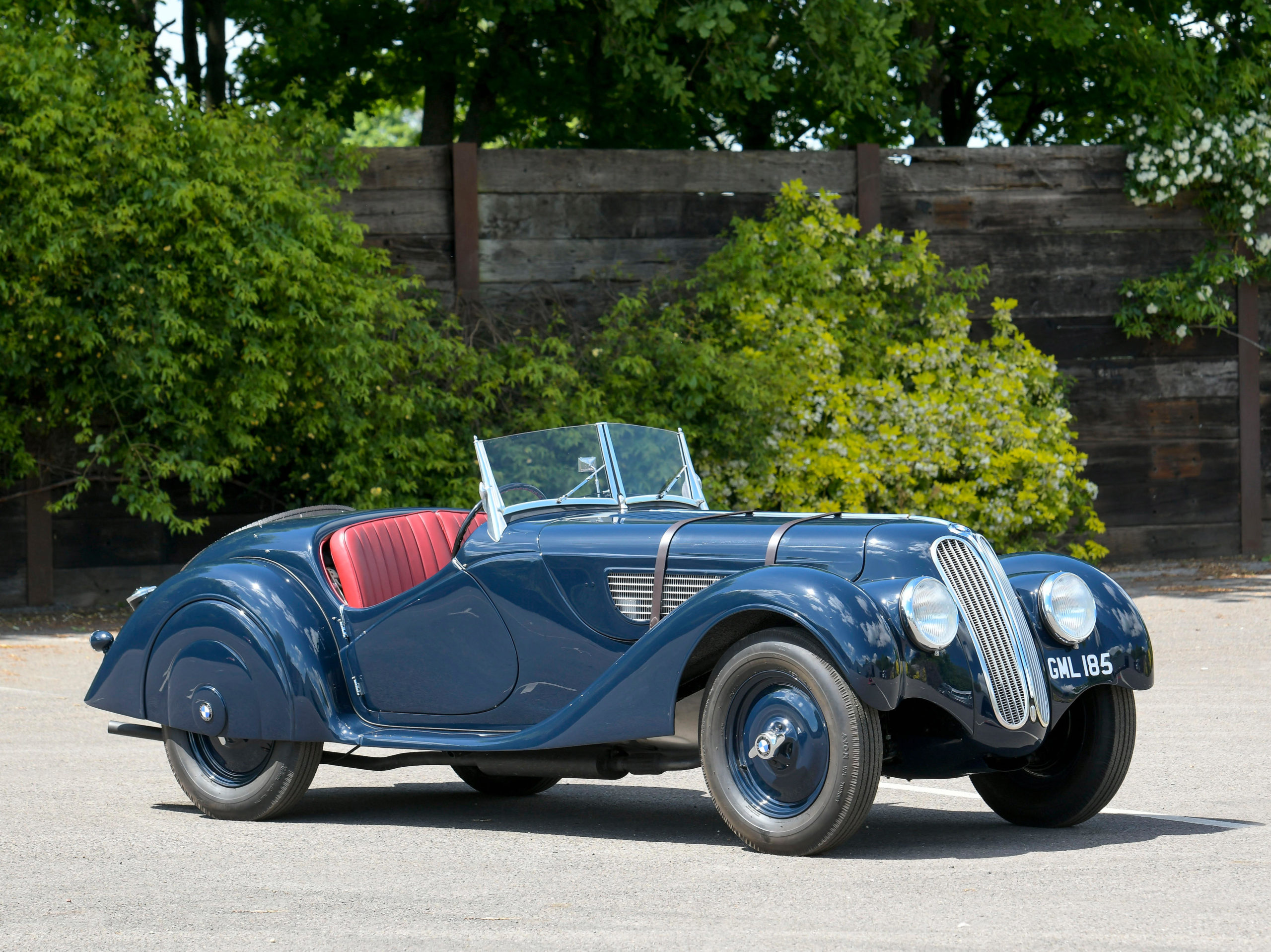
I’d like to make a small observation about the Frazer-Nash-BMW 328: this car was built to circumvent the heavy customs duties that were applied at the time, so it is not an original BMW 328 but a “very similar” BMW 328. The four BMW 328s sold between 2020 and 2021 went for between £300,000-£400,000, while this one went for £620,000. So, there are two explanations for this result which, furthermore, add up: the Frazer-Nash-BMW 328 has now aligned with the price of the original and, evidently, the price of this is soaring.
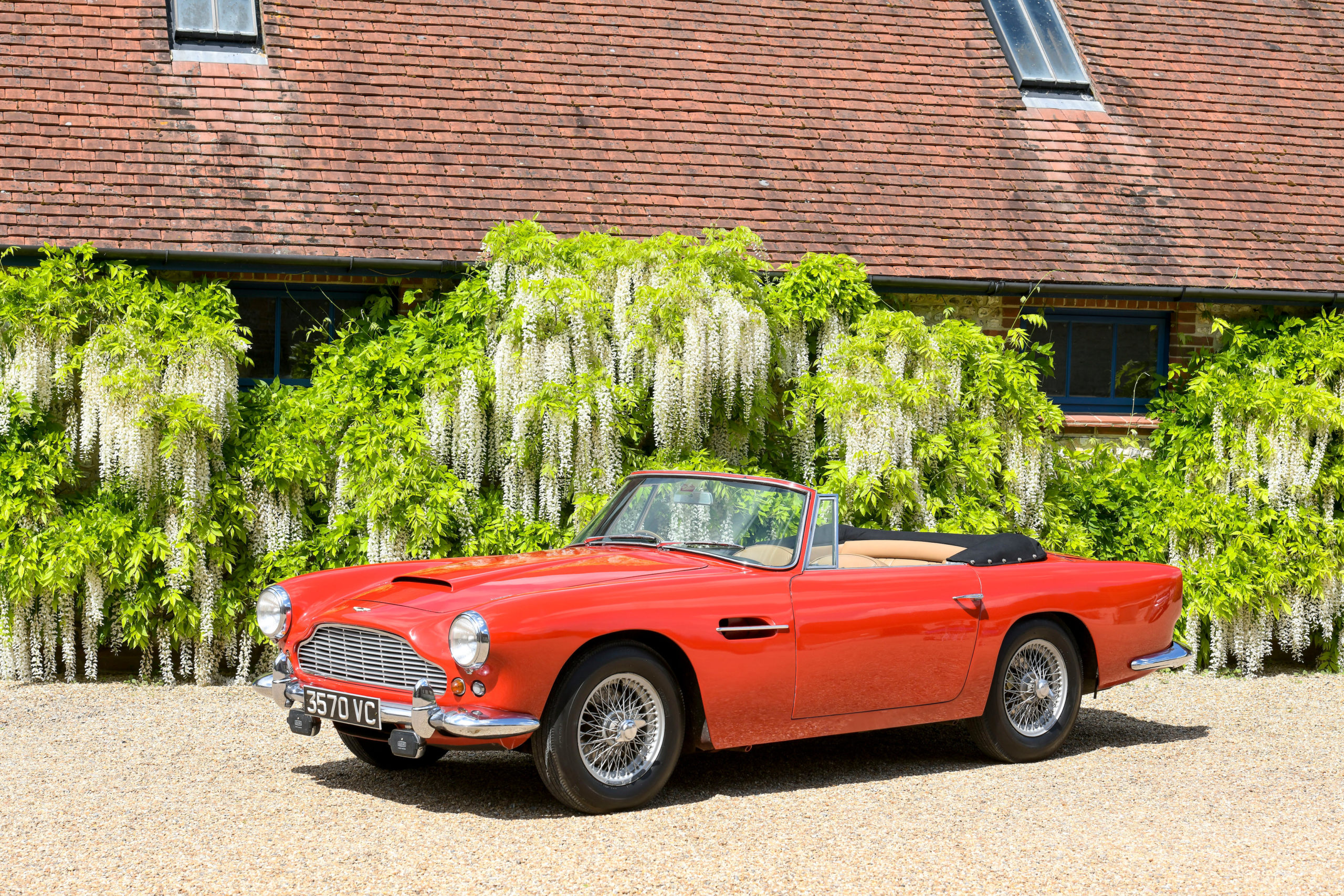
Speaking of Aston Martin, Bonhams gave us the opportunity to update our special ranking of price “multipliers” based on the owner’s notoriety. This time, James Bond worked less of his magic than usual: the 2019 Aston Martin DBS Superleggera used in the movie No Time to Die was estimated at £400,000-£500,000, and as it sold for £414,000 (€481,845) the mission was a success, Mr. Bond. This model is on the market for anywhere between £200,000-£250,000, so the Bond factor this time increased it between 65%-100%, but keep in mind that certain models from other famous films have reached 850%!

There was an interesting car worth following at the auction: a 1971 Mercedes-Benz 350SL Roadster converted to electric propulsion by SL Shop, the most important dealer of this model in the United Kingdom. Average prices of this model of late have fluctuated between £10,000 and £20,000. The cost of development and conversion was £200,000. The estimate of £50,000-£70,000 for a unique and perhaps pioneering model seemed correct. The sale price? £39,100 (€45,505). I’ll leave you to draw your own conclusions on this.

A 1975 BMW 3.0 CSI converted to electric power suffered a worse fate. Estimated at £175,000-£200,000, it reached a significant £150,000 (€174,580), but that was deemed insufficient. We will follow her progress to see whether her owner will regret that decision.

Let’s leave the electric conversions to examine what’s better to look for today: at Bonhams, there was a DeLorean DMC12 for sale. The estimates of this model are literally soaring right now. Gone are the days when you could buy one for £10,000 or even £15,000. Gone too are the days of £20,000-£25,000. An example with 13,000 miles on the clock like the one offered at Goodwood at the beginning of this year was estimated for £35,000-£45,000, while the experts considered this one to be worth an impressive £40,000-£60,000, but the hammer dropped at £62,100 (€72,275). Back to the future?
